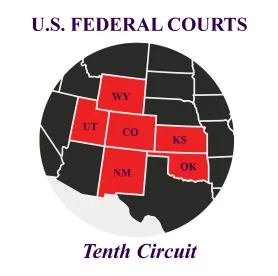In a recent case from the District of Colorado, a federal judge made clear that (at least in the Tenth Circuit) the first step of conditional certification is not just a rubber stamp to move on to the next stage of litigation in Fair Labor Standards Act (“FLSA”) collective action lawsuits. And while other courts are rejecting the two-step process altogether (see our recent blog post here), even when the lower conditional certification standard is applied, it still can have some teeth to it.
In Bowling v. DaVita, Inc., the plaintiff sought conditional certification of a nationwide collective of nurses and technicians claiming unpaid overtime wages based on working through their required unpaid lunch breaks pursuant to a company-wide policy. Despite the existence of a written policy requiring that employees be compensated for working during lunch breaks, plaintiff argued that the employer actually mandated employees always clock out for lunch breaks – but that they also remain available to and actually perform work while off-the-clock. At the time of the motion seeking conditional certification, six other individuals had joined the lawsuit.
Ultimately, the court rejected a nationwide collective in applying the Tenth Circuit standard: whether Plaintiff had made substantial allegations that the proposed collective members were subject to a single decision, policy, or plan. Based on the allegations and evidence before it, the court determined that conditional certification was appropriate only in the 9 states in which the employees in the lawsuit (the named plaintiff plus the six who joined the lawsuit) had worked. The court explained that the term “substantial” must carry weight – and with personal knowledge limited to the practices and policies in those 9 states, allegations regarding other locations were not substantial.
This willingness to limit the scope of the collective to only those states where individuals who joined the lawsuit actually had knowledge appears to be in line with the growing trend of heightening the standard for certifying a collective action. With these trends and changes, it may be just a matter of time before the Supreme Court finally weighs in on what the standard should be.




 />i
/>i

